Scientific projects
1. Serum immunoglobulins and specific food allergens in persons with autism in the Republic of Macedonia (Ministry of Education and Science of the Republic of Macedonia No. 08-2214/4 from 15.07.2000)
- Scientific field: Special Education and Rehabilitation
- Specific field: Immunology
- Principal Investigator: Prof. Dr. Ljubomir Ajdinski
- Institution: Institute of Special Education and Rehabilitation, Faculty of Philosophy, 1000 Skopje, Republic of Macedonia
- Cooperating Institution: Institute of Immunobiology and Human Genetics, Institutes, Faculty of Medicine, 1109 Skopje, PO Box 60, Republic of Macedonia
- Project Duration: from 01/10/2000 till 01/10/2003.
- Investigators: Prof. Dr. Mirko Spiroski, Assist. Dr. Vladimir Trajkovski, Assist. Dr. Maja Jurhar-Pavlova, Assist. Dr. Aleksandar Petlichkovski
- Budget 450.000 MKD per 3 years
2. Information for Autism in Macedonia (Macedonian Centre for International Cooperation No. 10-723/21 from 19.12.2000)
- Country: Republic of Macedonia
- Number of the Project: 10-723/21 from 19.12.2000
- Name of the Project: Information for Autism in Macedonia
- Location, Region: Republic of Macedonia
- Target Group: Handicapped Children and Persons with Autism
- Activity: Direct Implementation
- Period of Time: 6 months
- Included Institutions: Institute of Special Education and Rehabilitation, and Institute of Immunobiology and Human Genetics
- Budget: 140.000 MKD
3. HLA-DNA researching in autistic families in the Republic of Macedonia (Ministry of Education and Science of the RM No 07-1171/4 from 02.07.2001 year);
- Scientific field: Special Education and Rehabilitation
- Specific field: Immunology
- Principal Investigator: Prof. Dr. Dragoslav Kopachev
- Institution: Institute of Special Education and Rehabilitation, Faculty of Philosophy, 1000 Skopje, Republic of Macedonia
- Cooperating Institution: Institute of Immunobiology and Human Gentics, Institutes, Faculty of Medicine, 1109 Skopje, PO Box 60, Republic of Macedonia
- Project Duration: from 01/10/2001 till 01/10/2004.
- Investigators: Prof. Dr. Mirko Spiroski, Prof. Dr. Risto Petrov, Assist. Dr. Vladimir Trajkovski, Assist. Dr. Todor Arsov, Assist. Dr. Aleksandar Petlichkovski, Dr. Renata Jankova
- Budget 450.000 MKD per 3 years
4. Charter for Persons with Autism in the Republic of Macedonia (Macedonian Centre for International Cooperation No. 08-698/1 from 12.12.2001)
- Country: Republic of Macedonia
- Number of the Project: 01-08 GPH 106 from 12.12.2001
- Name of the Project: Charter for Persons with Autism in the Republic of Macedonia
- Location, Region: Republic of Macedonia
- Target Group: Persons with Autism
- Activity: Direct Implementation
- Period of Time: 6 months
- Included Institutions: Institute of Special Education and Rehabilitation, and Institute of Immunobiology and Human Genetics
- Budget: 140.000 MKD
5. Epidemiological study of persons with autism in Republic of Macedonia (Ministry of Finance – 2001)
- Country: Republic of Macedonia
- Name of the Project: Epidemiological study of persons with autism in Republic of Macedonia
- Location, Region: Republic of Macedonia
- Target Group: Persons with Autism
- Activity: Direct Implementation
- Period of Time: 1 year
- Included Institutions: Institute of Special Education and Rehabilitation, and Institute of Immunobiology and Human Genetics
- Budget: 100.000 MKD
6. Determing of prevalence and incidence of persons with autism in Republic of Macedonia (Ministry of Finance – 2002)
- Country: Republic of Macedonia
- Name of the Project: Determing of prevalence and incidence of persons with autism in Republic of Macedonia
- Location, Region: Republic of Macedonia
- Target Group: Persons with Autism
- Activity: Direct Implementation
- Period of Time: 1 year
- Included Institutions: Institute of Special Education and Rehabilitation, and Institute of Immunobiology and Human Genetics
- Budget: 100.000 MKD
7. ‘Tolerance or Acceptance’ EASPD project. (It was sponsored by DG Employment and Social Affairs under the budget line ‘Preparatory Actions to Combat and Prevent Social Exclusion’.)
Duration: 2002-2003
8. “Europe is a place to live” EASPD project. The project, in the light of the European Year of People with Disabilities, started from the principle that all European citizens should be listened to, and specifically aimed at giving a voice to people with a more serious intellectual disability.
Duration: 2003
9. “Common Voice Network Project”
The primary and most comprehensive
objective of this desktop research is to explore the legal background that
is intended to enhance the anti-discrimination and equal opportunities of
persons with intellectual disability and autism.
Duration: 2008-2009
10. “Enhancing scientific studies of early autism ”. through the EU COST program. The main goal is to establish an interdisciplinary scientific network in order to discover the earliest signs of autism and to combine techniques of cognitive neuroscience with those of clinical science and to form European practical leaders for early identification and early intervention.
Duration: 2010-2014
11. “Program for the full socialization of children with special needs in their communities”. through the EU EIDHR / 2013 / 355-552 program. The goal of this project is to strengthen the role of civil society in promoting human rights and democratic reforms, supporting the peaceful consolidation of group interests and consolidating political participation and representation.
Duration: 2014-2015
12. “Equity and social inclusion through positive parenting”. 2015-1-UK01-KA204-013397 Erasmus plus project. The purpose of this project is to share, adapt, test, evaluate, and disseminate a common model of education for parents, with valid teaching materials and training, to support the provision of effective education for parents of children with special needs (in this case, children with autism). Learning from what is currently happening in Croatia, Cyprus and the Republic of Macedonia, and according to the model of existing practice within the UK. The idea is that this project will identify specific issues and universal issues that cross the national borders – will provide a model for parents education that can be used throughout Europe.
Duration: 2015-2018
13. “A hollistic approach of person-centred planning for people with Autism”. 2018-1-EL01-KA204-047788 – Erasmus plus project. The main objectives of this project are:
– Empowerment of individuals at risk of social exclusion and more specifically empowerment of ASC individuals
– Strengthening of the overall effort for social inclusion and integration of ASC individuals at mainstream education & society at large
– Enhancing competences of professionals and all those individuals, such as family members & relatives, etc., involved in the life of ASC individuals
– Raise awareness to the general public with regards to social inclusion of pupils with Autism
Duration: 2018-2021
14. “Autism Friendly Spaces”. – Erasmus plus project. The main objectives of this project are:
– adjusting environments to be more accessible to people with autism
– providing training and creating awareness in the community
– helping the social aspect for youth with autism.
Duration: 2019-2022
15. “Autism Social Skills and Positive Parenting Programme (ASP)“ – UNICEF project – SSFA/MCDA/19-004/Amendment 1. The main objectives of this project are:
– enhance the knowledge, skills, confidence, self-sufficiency, and resourcefulness of parents/caregivers of children with ASD;
– promote nurturing, safe, engaging, nonviolent, and low conflict environments for children;
– promote children’s social, emotional, language, intellectual, and behavioral competencies through positive parenting practices.
Duration: 2019-2020
16. “Strengthening the capacity of professionals for the problems and needs of children with autism spectrum disorders, in preschool and school institutions” – project with Municipality of Karposh. The main objectives of this project are:
– Employees of preschool and school institutions in the Municipality of Karpos in Skopje to get acquainted with all aspects of autism as a problem in society, family and institutions (detection, diagnosis, education, modern methods of approach to the treatment of autism, adaptation of the space and materials for work, as well as social protection of people with ASD).
– Planning the development of services needed by children with autism and their families that would improve their functioning in the community and cooperation to meet the individual needs of the child with autism and the family.
– Making conclusions about the future directions of action, through communication and exchange of experiences between parents and socializing of parents and children by holding joint meetings.
Duration: 2020-2021
17. “I learn and get beyond my limits”. – Erasmus plus project. KA2 – Cooperation for Innovation and the Exchange of Good Practices Strategic Partnerships for Adult Education. Project number: 2020-1-TR01-KA204-092794.
With the project, it is aimed to be gained the skills to “Individuals with Autism and Intellectual Disabilities”, who are among the individuals with special needs, to show the correct behaviour shapes after disasters and emergencies.
Duration: 2021-2022
18. ” Inclusion through social skills for learners with autism and intellectual impairments“. – Erasmus plus project. KA210-SCH – Small-scale partnerships in school education. Project number: 2021-1-RS01-KA210-SCH-000032379
Learners with challenges in their social development and competences, such as learners with Autism Spectrum Conditions (ASC) and learners with Intellectual Impairment (Intellectual Disability or ID) have an inherent right to receive educational support in this area. Social skills challenges experienced by these children, are a significant barrier to their inclusion, adaptation and participation in the community, and most significantly in the school as their primary environment. On the other hand, social skills deficits reflect negatively on academic performance as well, causing learning disadvantage, early school leaving and low proficiency in basic skills. Children with ASC and ID are able to learn, including to learn social skills. Atypical cognitive patterns prevent the children from spontaneous learning of social skills in the early childhood, as typical children do.
Duration: 2021-2023
19. “Accessible digital education for learners with autism and intellectual disabilities: Innovating solutions and enhancing educators’ competences“. – Erasmus plus project. KA220-SCH – Cooperation partnerships in school education. Project number: KA220-SCH-BCB692B4.
Aims are to support the digital transformation through development of digital readiness and capacity of schools and education staff, at the same time removing barriers to educational inclusion by enabling accessible and high quality digital education for learners with autism and intellectual disabilities. Crucial for achievement of these aims is supporting educators, and other teaching and support staff, as teachers’ digital skills and competences is viewed as the most important component of digital education, as well as providing suitable digital content and infrastructure.
Duration: 2021-2024
20. “Supporting Children with Autism through Physical Education”. – Erasmus plus project. KA220-SCH – Cooperation partnerships in school education. Project number: KA220-SCH-BCB692B4. KA
The aims of the project are: to identify the gaps and map current good practices related to physical education of students with autism, to develop a model blended training program and materials for physical education teachers, to provide physical education teachers with skills to effectively support the inclusion of pupils with autism and to effectively manage inappropriate student behavior, to develop the teaching of pupils with ASD in physical education classes.
Duration: 2024-2026

 Македонски
Македонски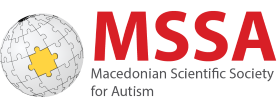


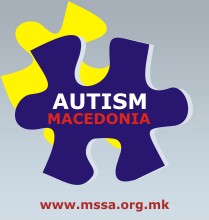
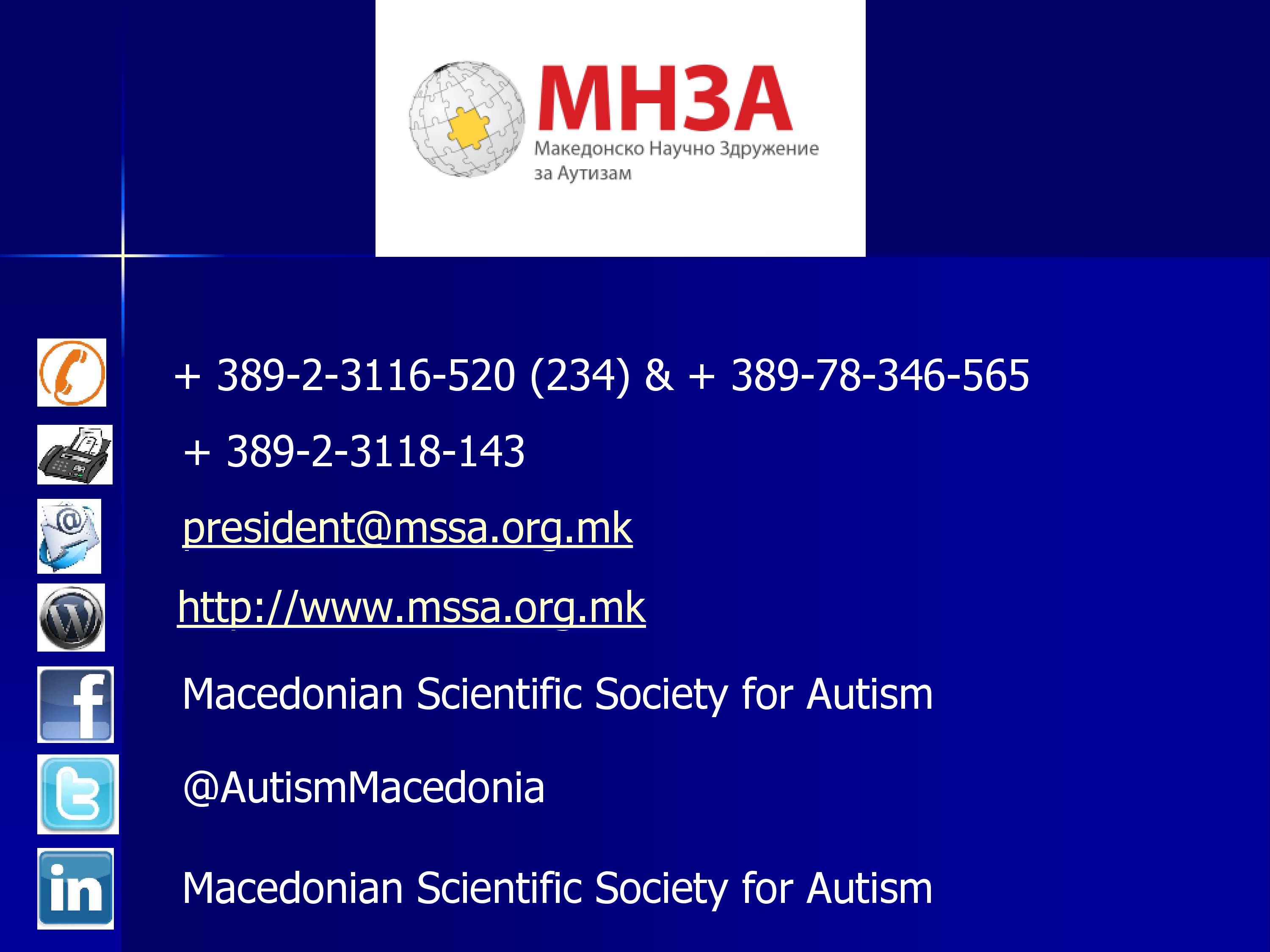
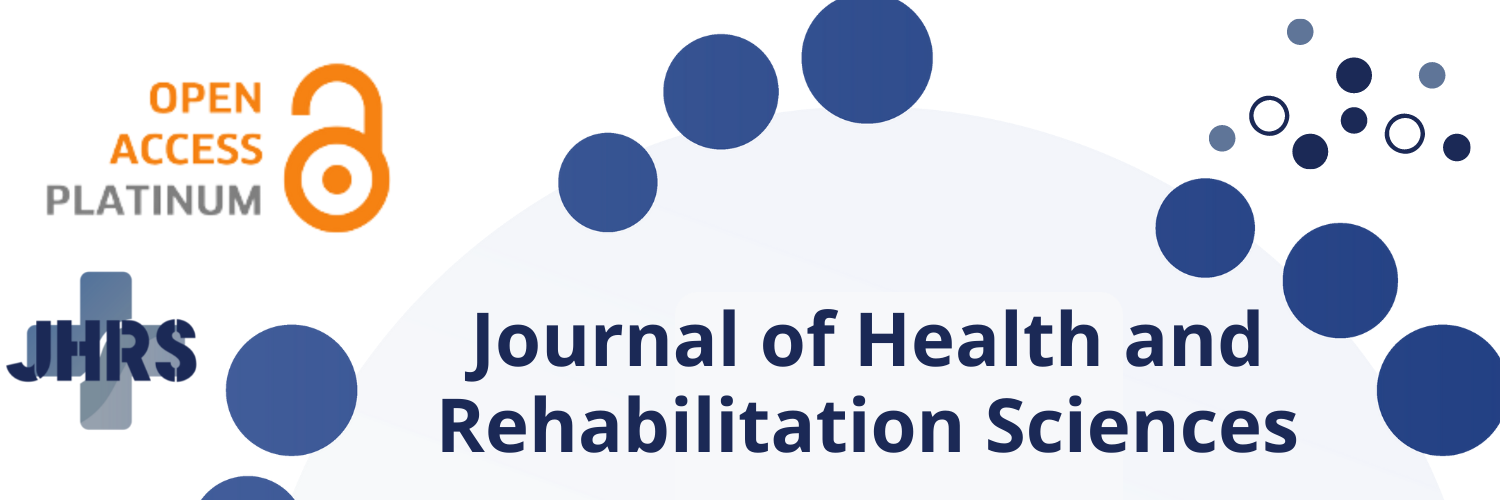
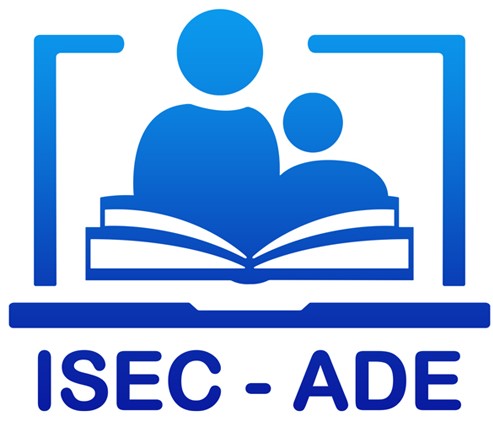
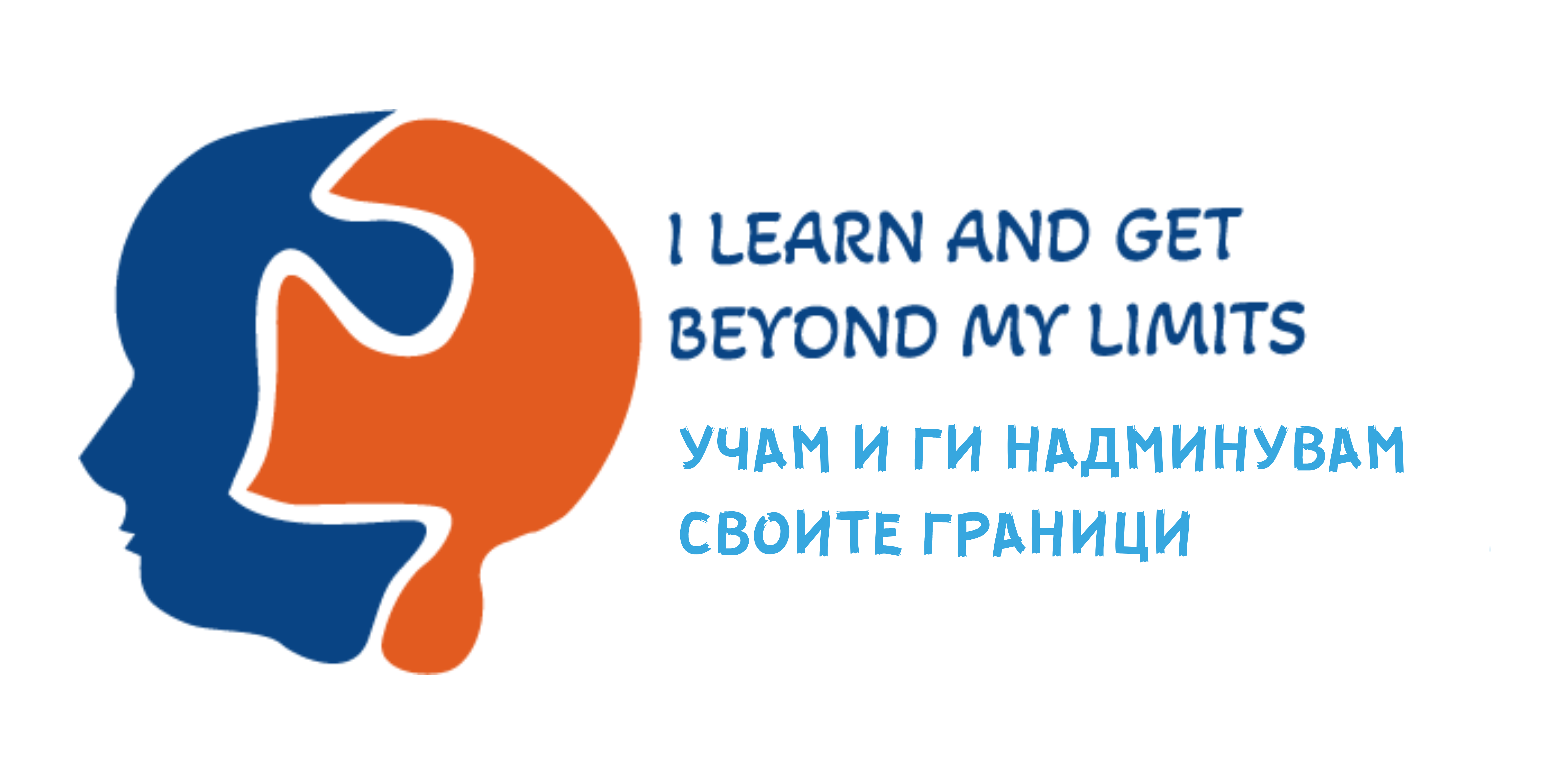
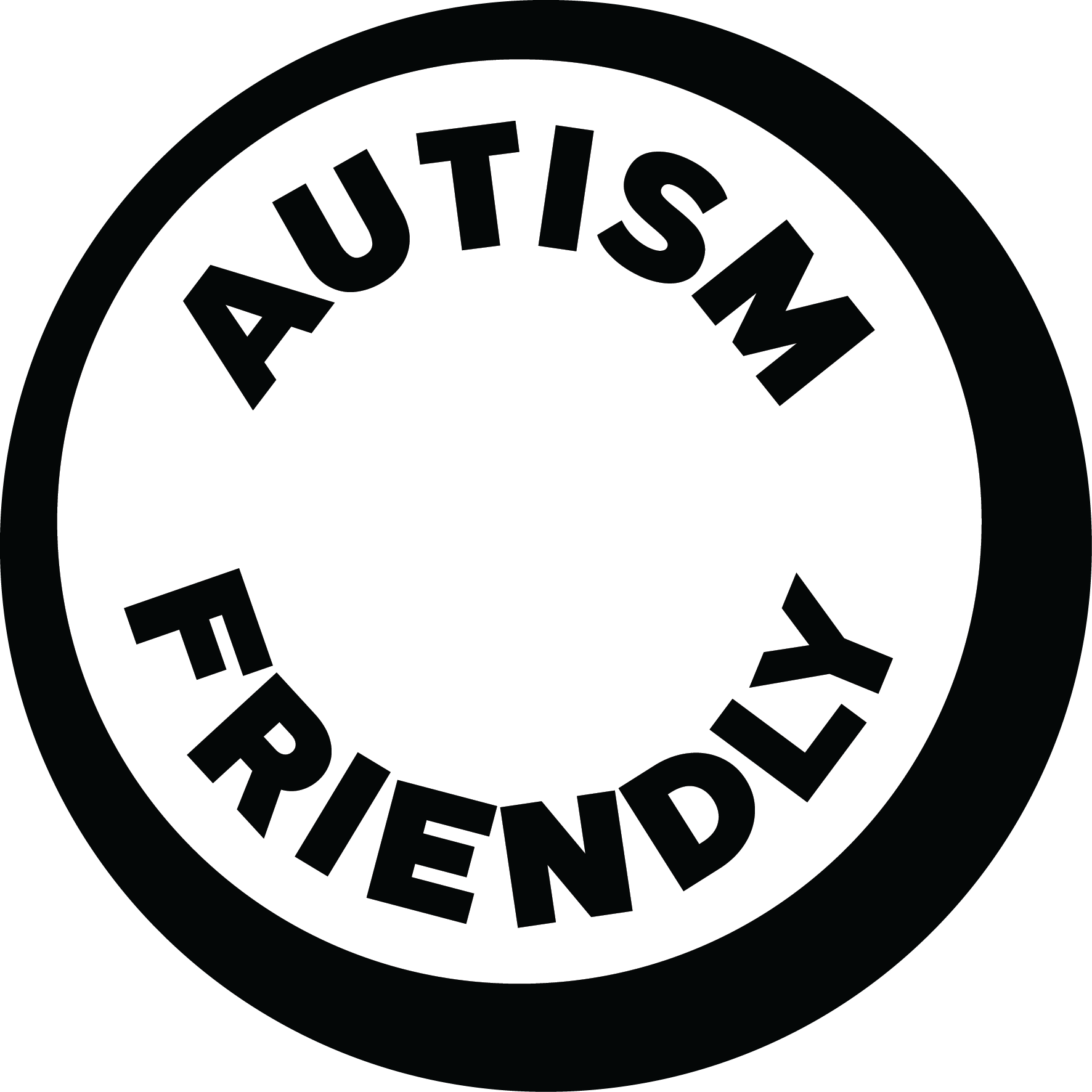
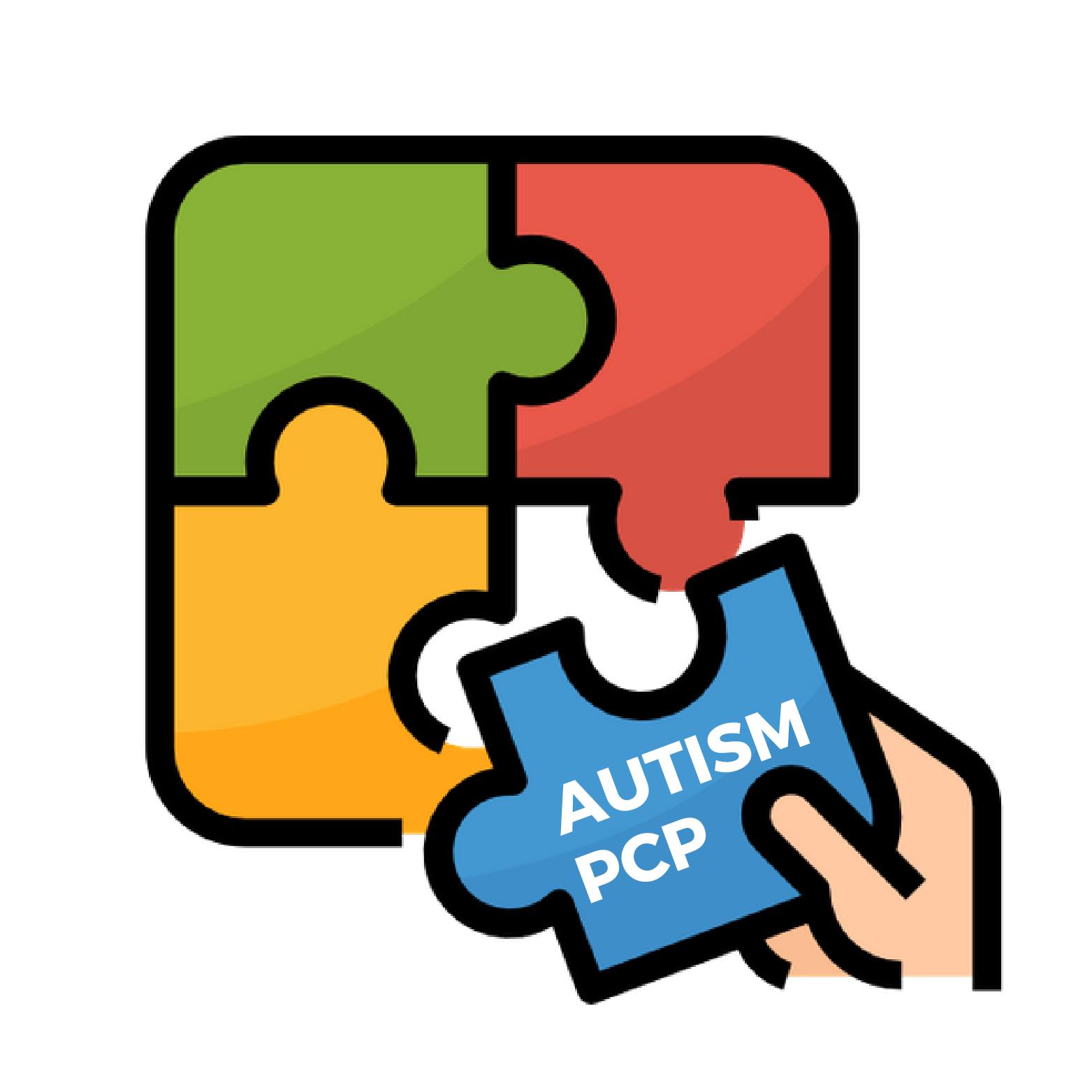
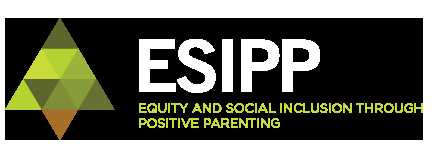
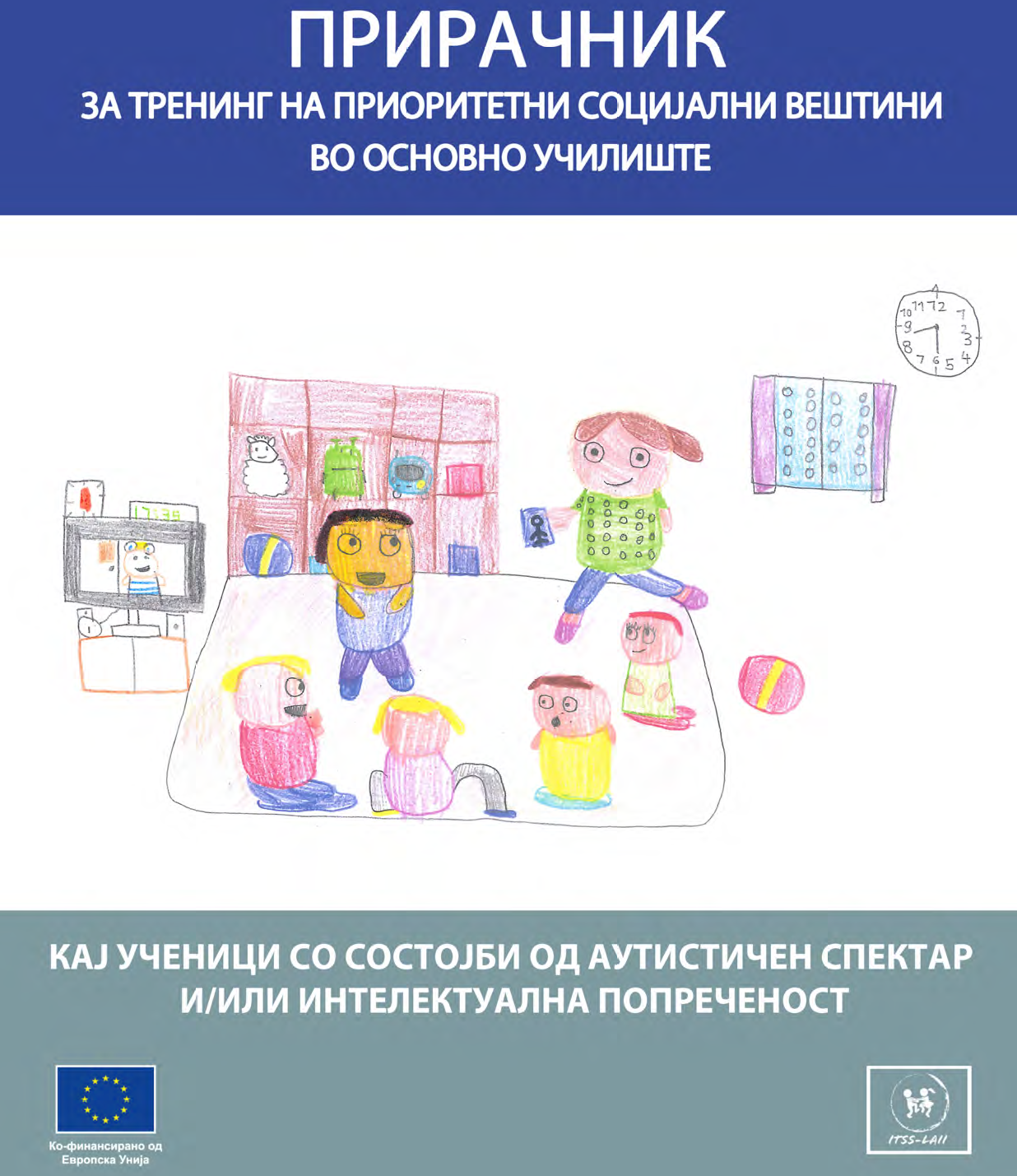
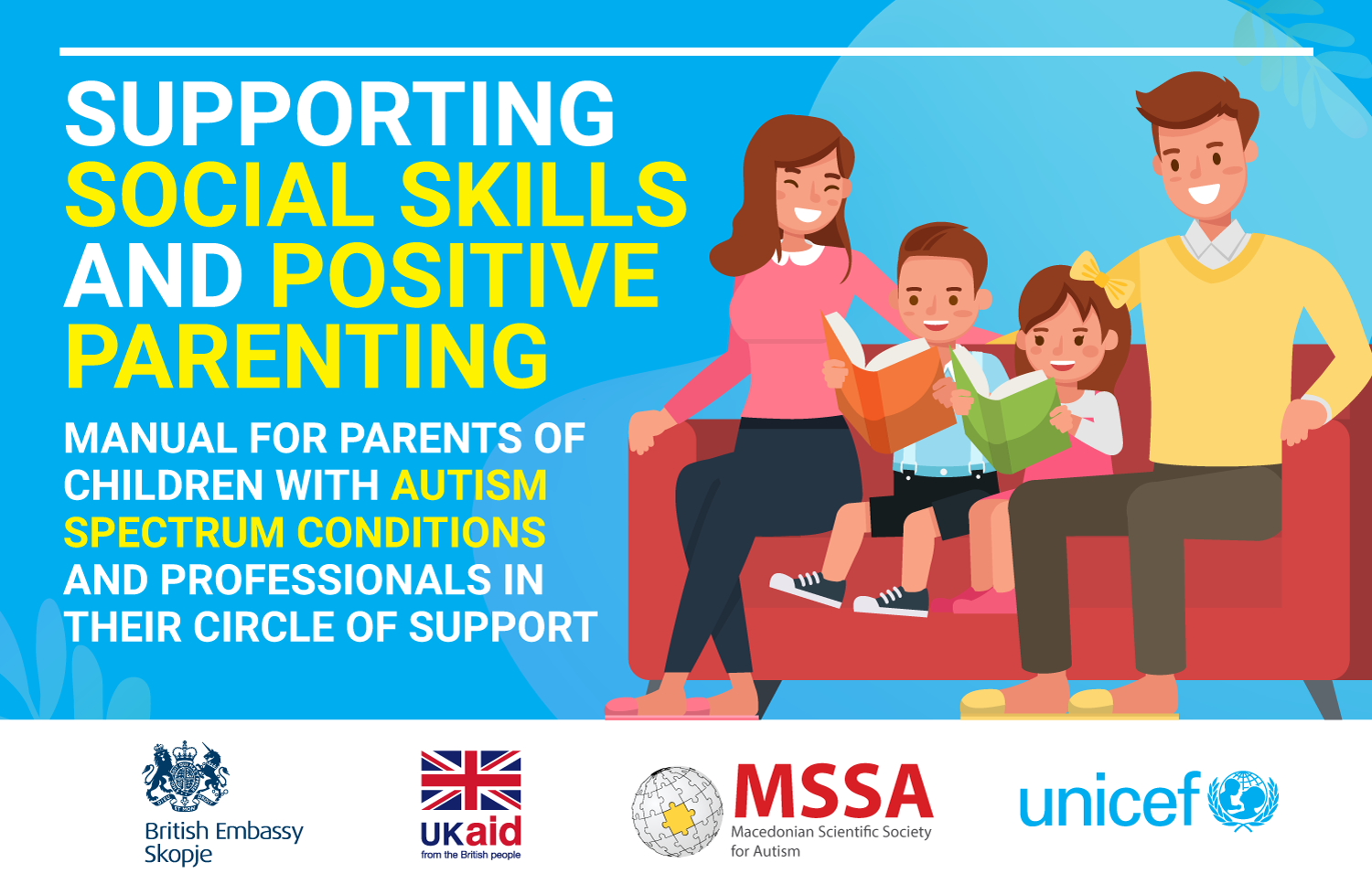
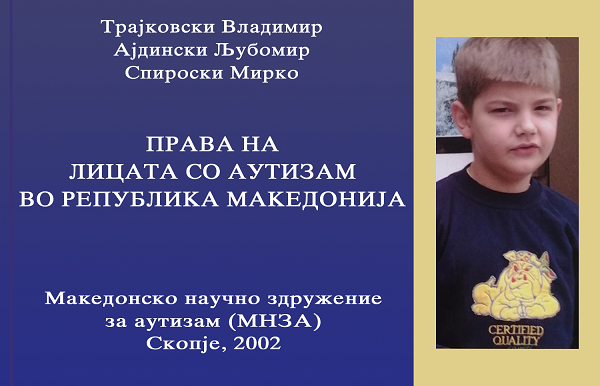

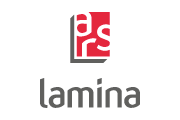














 Users Today : 900
Users Today : 900 This Month : 35550
This Month : 35550 Total Users : 1294402
Total Users : 1294402 Views Today : 1047
Views Today : 1047 Total views : 5513752
Total views : 5513752